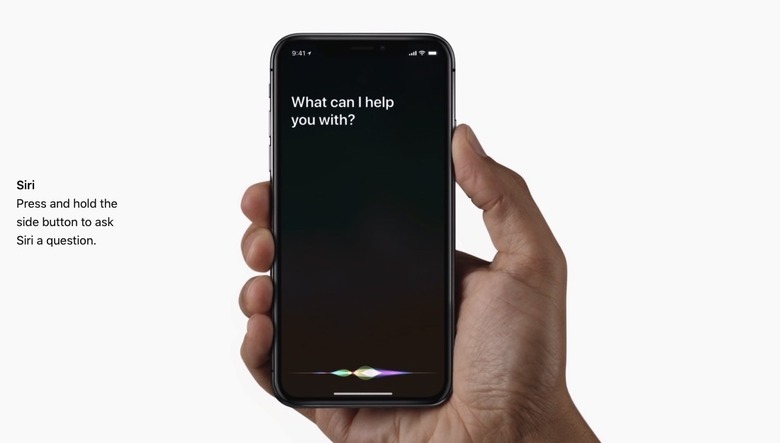The Last Siri Cofounder Has Departed Apple After A Much-Needed Reboot Of Its AI Strategy
Tom Gruber, the last of three co-founders Siri still plugging away at Apple, has left the company.
That's according to a report from The Information, news that comes a week after Apple put former Google executive John Giannandrea in charge of a sorely needed reboot of the company's overall AI strategy. A reboot which presumably includes a new strategy around Siri, Apple's voice assistant that was early to the game but got overshadowed by superior products from rivals.
Gruber created Siri — which Apple bought in 2010 for $210 million — along with Dag Kittlaus and Adam Cheyer. As The Verge notes, "Siri was introduced in the iPhone 4s the following year, with its then-unique combination of speech recognition and 'assistant' features wowing critics. The honeymoon period lasted a few years, but Siri has since lost ground to rivals like Amazon's Alexa and Google Assistant."
Kittlaus and Cheyer eventually left Apple to launch another digital assistant venture called Viv Labs, which Samsung snatched up in 2016. Gruber is reportedly leaving Apple to pursue "personal interests in photography and ocean conservation."
According to the bio on his personal site, Gruber has been leading an effort to bring AI to the user interface for current and future products at Apple. And it was his research at Stanford in AI, his page goes on to note, particularly around ontology engineering that helped lay the groundwork for "semantic information sharing and the Semantic Web."
On a slightly related note, Apple has also bid farewell to another executive along with Gruber — its head of search Vipul Ved Prakash. Vipul joined the company five years ago via Apple's acquisition of the company Topsy he founded that went on to help shape Spotlight search.
Gruber has long been something of an idealist when it comes to artificial intellgience. Speaking at TED last year, he laid out a vision for AI where it inevitably augments the parts of humanity that fail, like memory. "What if you could have a memory that was as good as computer memory and is about your life?" he wondered aloud. "What if you could remember every person you ever met? How to pronounce their name?" Their family details? Their favorite sports? The last conversation you had with them?"
Meanwhile, Apple is racing to gain back some of the AI ground it's lost to products like Amazon's Alexa. Part of the difficulty of the task confronting Apple lies in the way it's tried to pursue AI in a way that's more privacy-centric compared to some of its competitors, which means forgoing the convenience of studying users the same way a company like Google does, tracking everything they do, to make the product more useful.
Giannandrea used to be in charge of machine intelligence, research and search teams at Google, of all places. He spent eight years there, and as we previously reported during that stint he pushed to make AI more of a centerpiece in products like Gmail and Google Assistant. The new unit he leads at Apple has combined the company's AI and machine learning efforts.
You could argue it will certainly be ironic if it's a former Googler, of all people, who helps get Apple firmly back at the forefront of the AI game.
